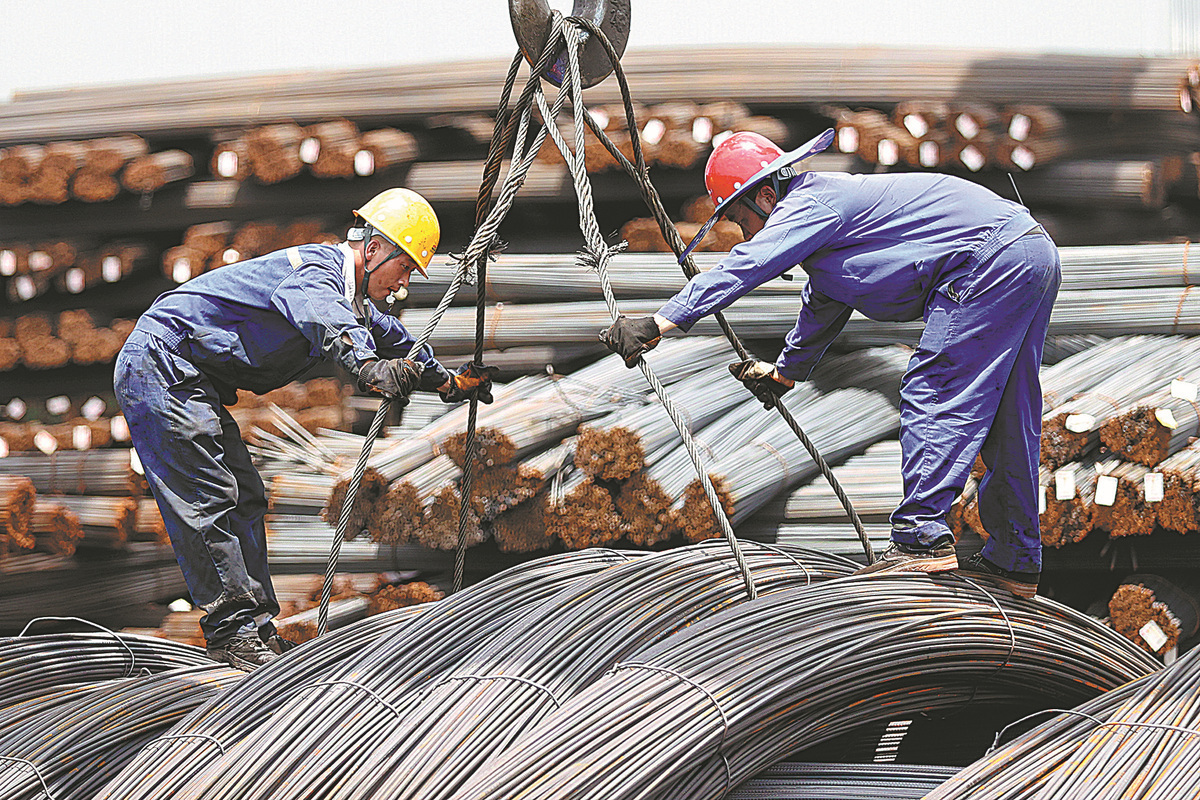Press: West must adapt to developing world's rise and learn from them
chinadaily.com.cn | Updated: 2022-11-30 09:55

An opinion piece titled "West and global institutions must adapt to developing world's rise and learn their ways" published by the South China Morning Post website on November 21 shows that the world's leading emerging markets have accumulated considerable economic strength, which will soon transform into geopolitical power in the future.
The author, Haico Ebbers, a professor of international economics at Nyenrode Business University in the Netherlands, said in the article“we should not underestimate the impact of China and other developing countries on trade and investment flows.”
A group of nine major emerging markets, which he called the NEP-9 (new economic powers) – China, India, Brazil, Russia, South Africa, Indonesia, Mexico, Turkey and South Korea – have amassed considerable economic power, which he believes will translate into geopolitical power in the near future.
“These countries are among the largest global exporters and importers. They are also important investors through which unknown companies have the chance to gain visibility and success in Western markets,” the author said.
He also dialectically state that this does not mean the economic power of Western countries is destined to stagnate, as some might fear. “However, it does imply the growth of NEP-9 countries is more significant and will remain so for at least the next 20 to 30 years.”
According to the author, predictions of the world in 2040 or 2050 being dominated by today’s largest emerging markets rely on the assumption that these countries will experience consistent political and international stability.
The author cited South Korea’s transitions as an example. “Still, Western nations must not underestimate the speed and efficacy of change in the NEP-9 economies. Although some such as South Korea started to implement the necessary transitions to grow their markets as early as the 1960s, it is only since the 1990s that emerging markets began catching up to those in the West more broadly.”
He pointed out that since then the NEP-9 economies have accelerated rapidly toward a competitive position in relation to Western markets. “They have caught up not only in terms of their levels of imports and exports but also in the fields of innovation, digitalisation and the development of a middle class. Combining the benefits of the market with government intervention, they are poised to experience higher long-term economic growth than the West.”
The author also said in the article that the NEP-9 countries have a different approach to interacting with markets. He believed that leaders and managers who want to maintain their organizations’ competitive edge need to understand the NEP-9’s broader strategic approach if they are to successfully reorient themselves in the changing world order.
At the end of the article, he suggested Western higher education providers should consider the need to create immersion programs for students and companies. “This is especially important for executives to emphasize that they will operate in a different world than the generations before them – a world with different competitors, rules, middle class and consumer habits.”
























